Topics & Content
The conference topics cover but are not limited to the following areas:
- Artificial intelligence in industry, energy and radio engineering
- Artificial intelligence in medicine and bioengineering
- The study of artificial intelligence
- Smart City Technologies and the Internet of Things
- Cognitive systems, robotics and machine learning
- Computational Linguistics and the Semantic Web
- Fuzzy models and soft calculations
- Image and sound processing, image recognition, computer vision
- Data mining, knowledge engineering and ontology
- Applied intelligent systems
Reviewed full-text papers (10-16 pages) will be published in the book Artificial Intelligence in Models, Methods and Applications series Studies in Systems, Decision and Control (published by Springer, indexed in Scopus, Web of Science).
Here you can find the Information for Authors of Springer Proceedings Conference Proceedings guidelines (springer.com)
Authors must use the free EquinOCS (https://equinocs.springernature.com/service/AIES2022) an online manuscript submission and review system for conference proceedings. If you do not have the login you should pass the registration procedure.
Licence to Publish Agreement
Each contribution must be accompanied by a Springer Nature Licence to Publish agreement. Modified agreements are not acceptable. The corresponding author, who is also marked as such in the header of the paper, must sign the agreement on behalf of all of the authors of a particular paper, having gained their permission to do so. He or she signs and accepts responsibility for releasing the material on behalf of any and all co-authors.
The corresponding author must be available to check the paper before it is published. Please note that once a paper has been delivered to Springer, changes relating to the authorship of the paper cannot be made. Authors’ names cannot be added or deleted, their order cannot be changed, and the corresponding author cannot be altered.
In case the paper does not pass the review procedure to the Springer book the authors could be invited to submit papers to the Russian of Kazakh journals indexed in the Science Index or by Russian Academic Committee (RAC):
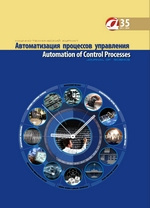 |
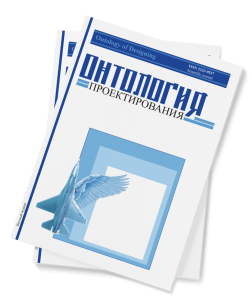 |
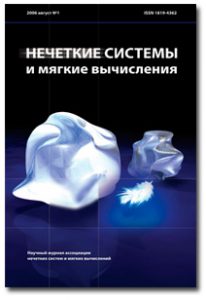 |
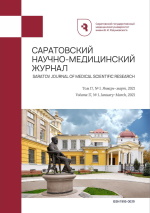 |
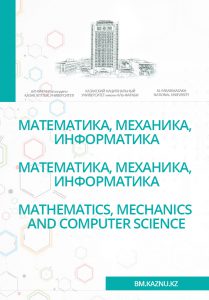 |
| Automation of the Control processes RAC, MARS Industrial Company, Ulianovsk City Russia. |
Design ontology
RAC, Samara University, Institute Institute for Control Problems of Complex Systems |
Fuzzy systems and soft computing RAC, Tver State University, Tver City Russia. |
Saratov Scientific-Medical Journal RAC, Saratov State Medical University named after V.I. Razumovsky, Saratov City Russia. |
Bulletin of KazNU. Series Mathematics, Mechanics, Computer Science Web of Science, Science Index, KazNU named after al-Farabi Republic of Kazakhstan |
Reporting standards
Authors of reports of original research should present an accurate account of the work performed as well as an objective discussion of its significance. Underlying data should be represented accurately in the paper. A paper should contain sufficient detail and references to permit others to replicate the work. Fraudulent or knowingly inaccurate statements constitute unethical behavior and are unacceptable. Review and professional publication articles should also be accurate and objective, and editorial ‘opinion’ works should be clearly identified as such.
Data access and retention
Authors may be asked to provide the raw data in connection with a paper for editorial review, and should be prepared to provide public access to such data, if practicable, and should in any event be prepared to retain such data for a reasonable time after publication.
Originality and plagiarism
The authors should ensure that they have written entirely original works, and if the authors have used the work and/or words of others, that this has been appropriately cited or quoted. Plagiarism takes many forms, from ‘passing off’ another’s paper as the author’s own paper, to copying or paraphrasing substantial parts of another’s paper (without attribution), to claiming results from research conducted by others. Plagiarism in all its forms constitutes unethical publishing behavior and is unacceptable. The acceptable level of plagiarism is 10-15%.
Multiple, redundant or concurrent publication
An author should not in general publish manuscripts describing essentially the same research in more than one serie or primary publication. Submitting the same manuscript to more than one serie concurrently constitutes unethical publishing behavior and is unacceptable. In general, an author should not submit for consideration in another serie a previously published paper. Publication of some kinds of articles (e.g. clinical guidelines, translations) in more than one serie is sometimes justifiable, provided certain conditions are met. The authors and editors of the series concerned must agree to the secondary publication, which must reflect the same data and interpretation of the primary document. The primary reference must be cited in the secondary publication.

